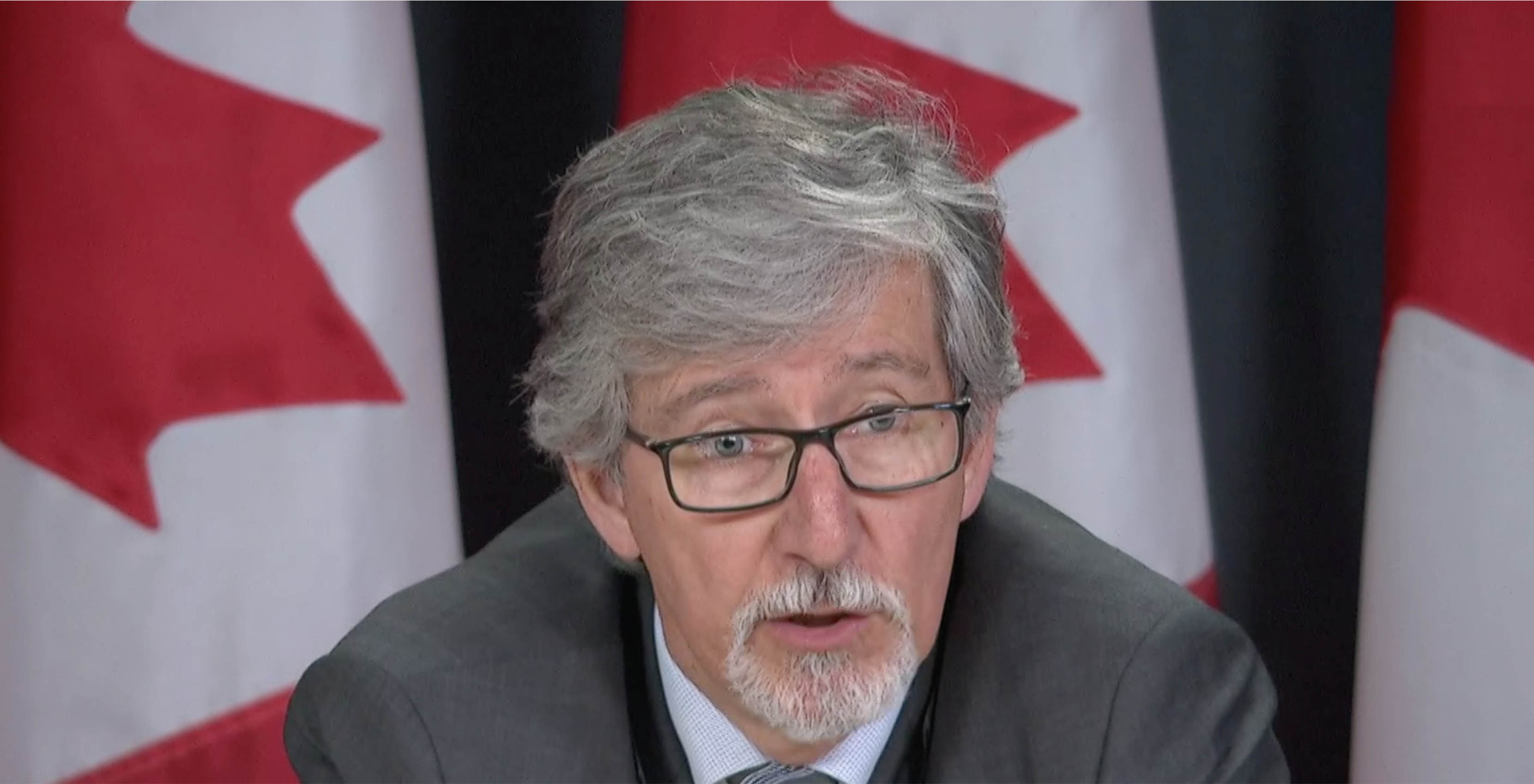
An investigation by the Office of the Privacy Commissioner (OPC) has found that the Canada Border Services Agency (CBSA) unlawfully searched travellers’ electronic devices.
The OPC report was responding to six concerns that the CBSA was examining cellphones, tablets, laptops and more at ports of entry. In one instance, a traveller’s social media and banking information was viewed by a CBSA officer, according to the OPC. In another, an officer is said to have taken a photo of the contents on a traveller’s phone.
As Privacy Commissioner Daniel Therrien noted in the report, officers can only examine electronic devices based on legitimate indicators that a search would produce evidence of illegal activities. These indicators can include the way a traveller responds to a question or a lack of matching identification on a suitcase.
Otherwise, an officer is only permitted to view digital documents via an electronic device. In these situations, internet connectivity must be shut down prior to examination, through such means as putting a phone in airplane mode.
While Therrien noted that all six complainants’ concerns were “well-founded,” he concluded that there were “insufficient training and accountability mechanisms” to ensure that border officers meet the necessary examination requirements.
Therefore, Therrien called for the CBSA’s digital device examination guidelines to be written into the custom act. This way, officers are held accountable for carrying out a search without “reasonable grounds to suspect” a crime.
For its part, the CBSA says it will run mandatory training for officers, update officer manuals, publish online guidance for travellers and more.
Via: The Toronto Star
MobileSyrup may earn a commission from purchases made via our links, which helps fund the journalism we provide free on our website. These links do not influence our editorial content. Support us here.


